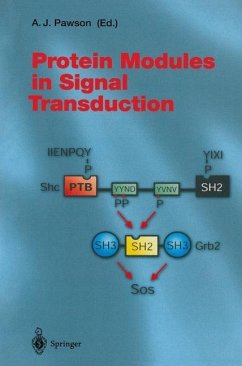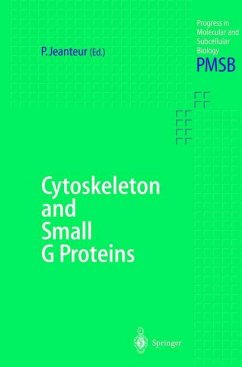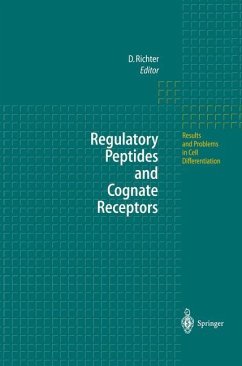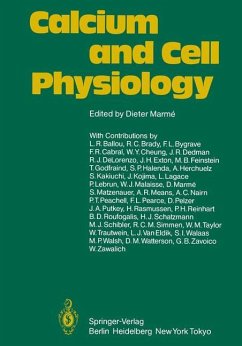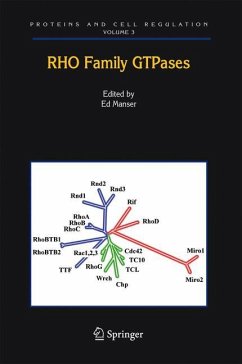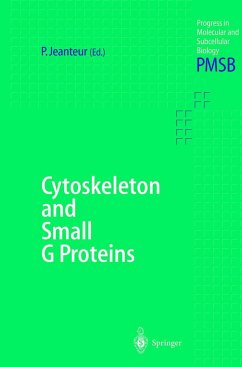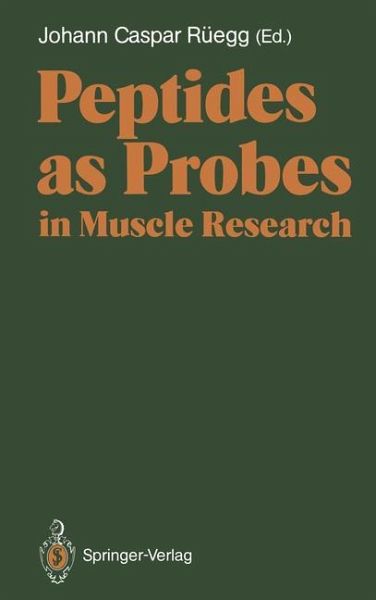
Peptides as Probes in Muscle Research
Versandkostenfrei!
Versandfertig in 6-10 Tagen
76,99 €
inkl. MwSt.

PAYBACK Punkte
38 °P sammeln!
Protein-protein interactions are involved in muscle contraction and signal transduction. This book describes how synthetic peptides may be used, much like antibodies, both as specific inhibitors and as molecular probes to explore the cognitive interfaces between interacting proteins and their functional significance. This offers the prospect of very selective intervention in cellular mechanisms. These timely contributions by several experts will appeal to the researchers in muscle physiology, cardiovascular pharmacology and cell biology who are interested in this new approach.





